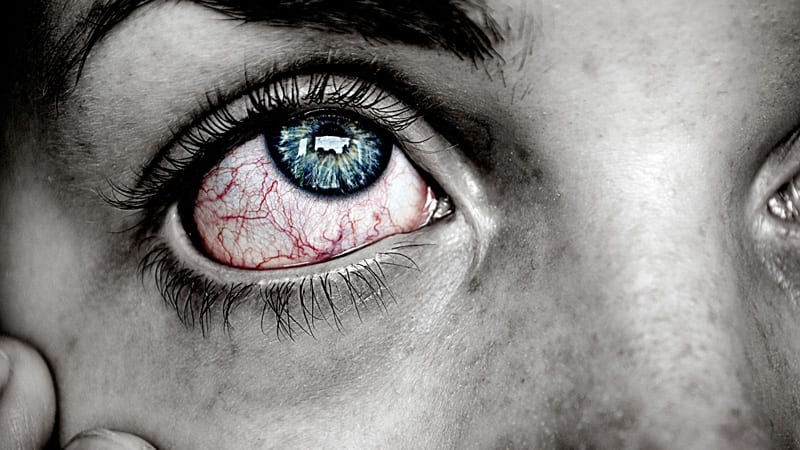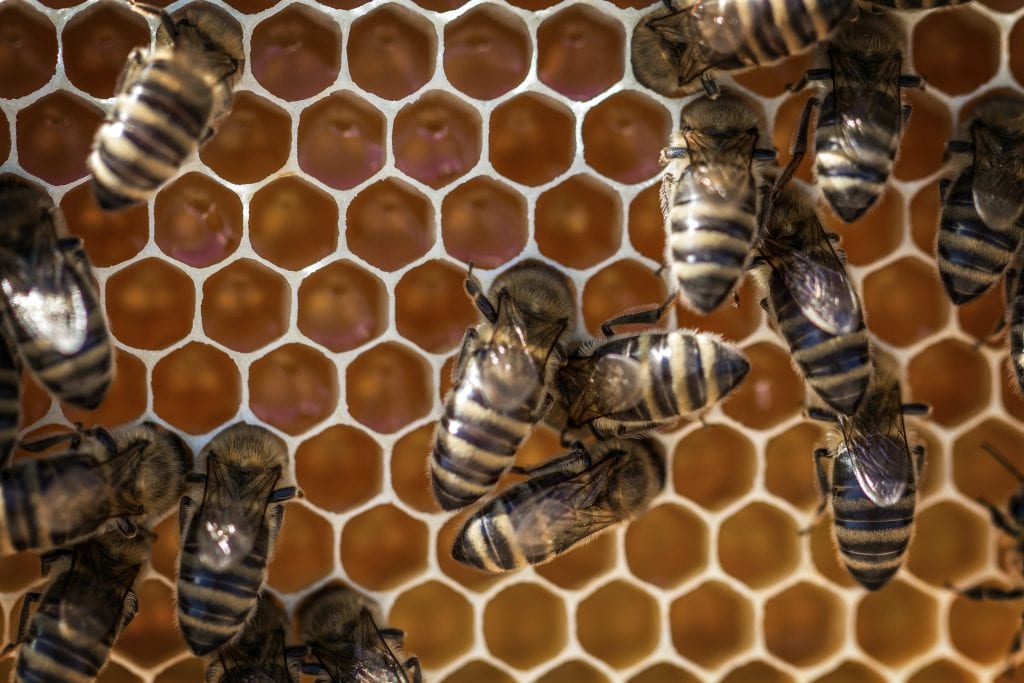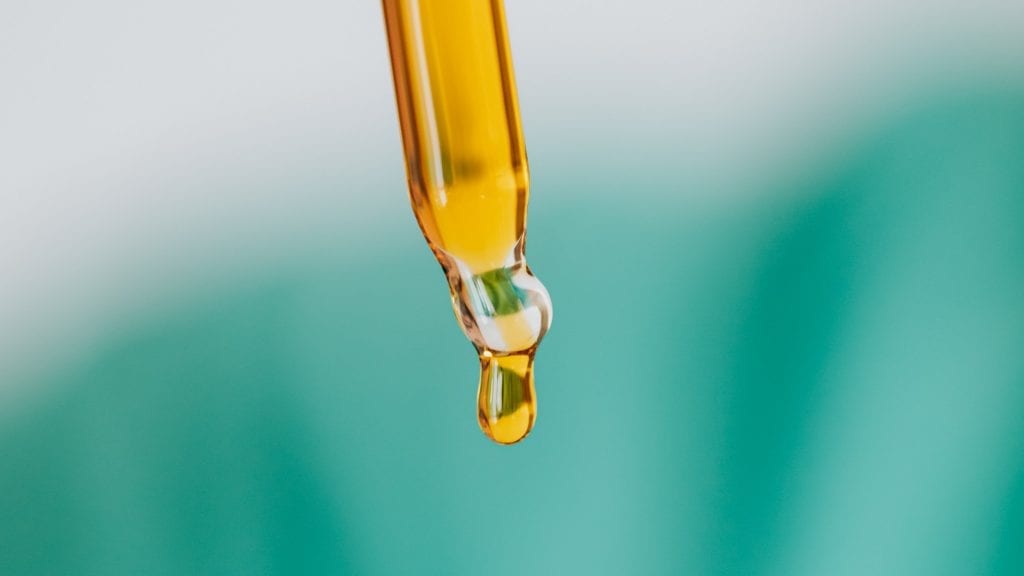
Dry eye disease is one of the most common and stubborn causes of irritable red eyes. To make matters worse, unlike most eye infections, it doesn’t get better on its own.
Why is dry eye disease so difficult to treat?
Dry eye disease is most often caused by tear film instability. This leads to a breakdown of the usually resilient tear film surface and is the cause of dry spots on the surface of the eye. This consequent tissue damage, as well as changes in the chemistry of the tears (which include an increase in the salt content of the tears) causes inflammation.
A secondary mechanism is that the altered chemistry around your eyes changes the type of bacteria that grow on your eyelids. Pathological bacteria migrate to cause further damage and chemical disruption to the eyelids and ocular surface. This causes chronic irritation and redness as well as increases your chances of having a more serious eye infection.
Gram-positive strains of bacteria can be tolerant to extreme conditions. They can withstand high salt concentrations and osmotic pressure. Gram-negative bacteria exhibit high drug resistance. The effectiveness of antibiotics on different species of bacteria is not the same due to diverse resistance mechanisms
Managing the bio flora on your eyelids and around your eyes is key to the successful treatment of dry eye disease.
What is so special about Manuka Honey?

Manuka honey is a mono-floral honey derived from the manuka tree (Leptospermum scoparium). It has greatly attracted the attention of researchers for its biological properties, especially its antimicrobial and antioxidant capacities and it is big business in NZ.
Manuka honey contains UMF (Unique Manuka Factor), which depends on methylglyoxal content, important for the honey’s antibacterial activity. Other active components include hydrogen peroxide, acidic pH level, hyper-osmolality effects and bee defensin-1.
Research data has confirmed that Manuka honey’s antibacterial activity in comparison to non-Manuka honey. Honey is a natural and safe antibiotic and no literature published has reported bacterial resistance. This is attributed to the complexity of honey components working solely or in a synergistic way. In addition to antibacterial activity manuka honey has the ability to stimulate macrophages that release mediators needed for tissue healing. This means that manuka honey can be safely used as a natural antibiotic.
Manuka honey eye drops
There are products on the market for the treatment of dry eyes and blepharitis and we expect to see more products on the market soon. We routinely recommend manuka honey eye drops and manuka honey eye gel for the management of moderate to severe dry eye disease as well as recurrent infections in both contact lens wearers and non-contact lens wearers.
Honey eye drops can safely be used every day to manage chronic dry eye or as a top-up treatment to get things back under control when they get out of hand. Manuka honey based products are a great natural treatment for dry eyes.
Please contact us, or come into either Black Gates Optometrists locations in Lower Hutt or Johnsonville to get Optimel manuka honey eye drops and manuka honey eye gel.
Come and see us today
Don’t hesitate to book an appointment with our Optometrists if you want to discuss your eye health and suitable eye treatments, including Optimel manuka honey eye gel and drops.


